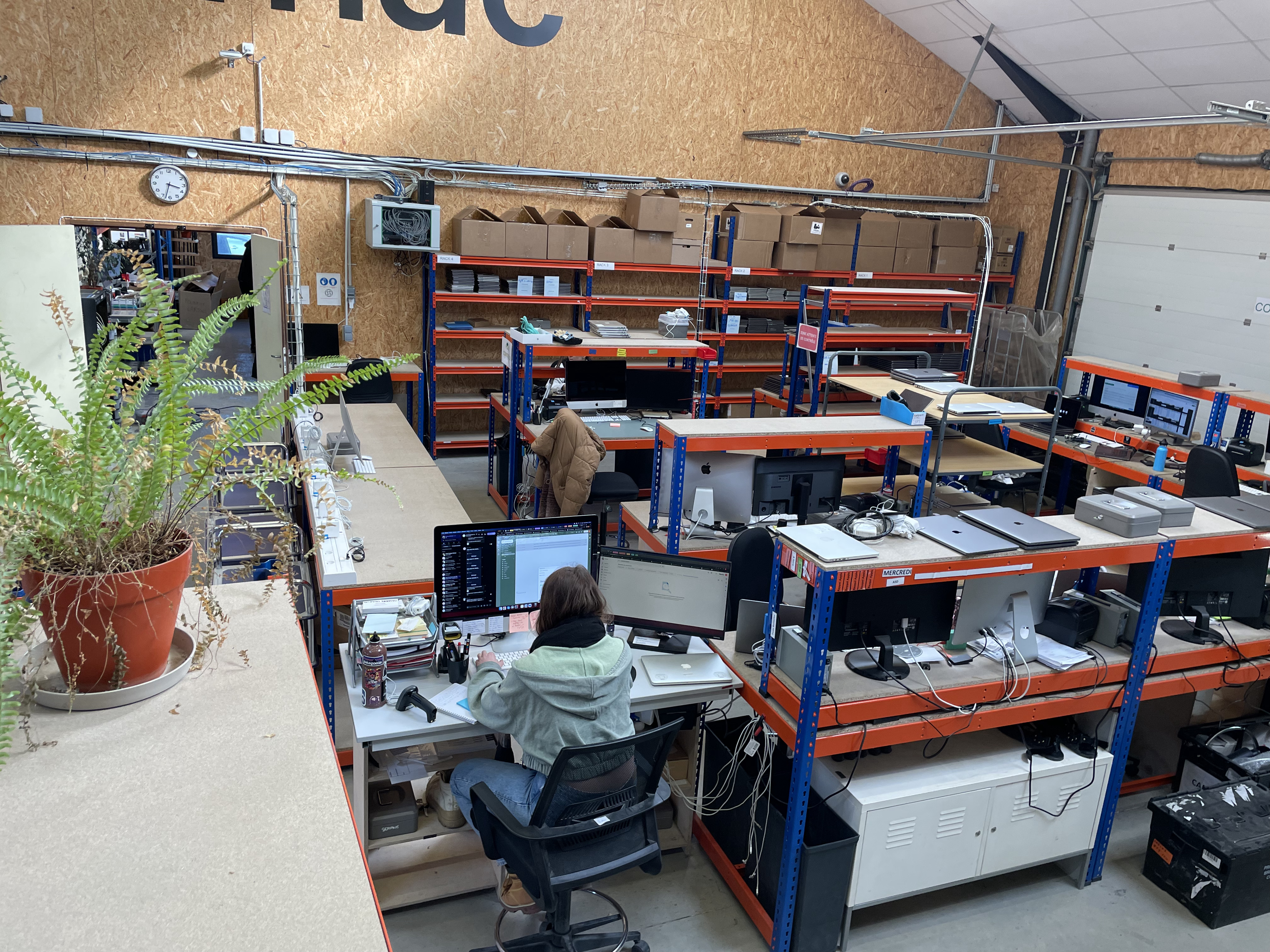Our impact
Rift Valley Energy, Tanzania
Background
Rift Valley Energy (RVE) is a rural renewable energy infrastructure platform, which develops, finances, owns and operates renewable energy generation assets and a rural power distribution network in Southern Tanzania.
RVE is currently operating two hydro powerplants of 4 MW and 1 MW, and a wind farm of 2.4 MW. In addition, RVE owns a distribution network that supplies power to 6,200 customers.
The platform also has (i) a short-term pipeline of additional projects to increase the platform capacity to at least 20 MW by 2025, of which 6 MW have already been awarded PPAs; and (ii) a long-term pipeline of 10 MW on 4 identified hydropower and wind projects.
Stage:
Financial close
ESG/SDG Key Facts
Meridiam E&S Due Diligence included the definition of an E&S Action Plan (ESAP) which is to be implemented until 2024. This ESAP results from an initial gap assessment against IFC PS, and will guarantee a full compliance of RVE with these principles. The ESAP includes the following main items: (i) definition and implementation of an overarching E&S Management System at platform level to ensure compliance of internal policies with IFC Performance Standards, (ii) review of existing
Environmental and Social Impact Assessments (ESIAs) for projects in operation and in development, and adjustments of project-specific E&S Management Plans if needed and (iii) definition of internal standardized procedures and tools at platform level to ensure compliance of future projects with relevant standards.
As part of this ESAP implementation, an ESG Manager has been hired in March 2023, who has been leading the process of definition and implementation of revised E&S management procedures and policies. Moreover, a revised hydrology study has been completed inclusive of a climate risk assessment. This study confirmed the level of resources expected in the initial feasibility study. Finally, this hydrology study will feed-in additional bio-diversity studies aiming at updating the requirements of minimum ecological flow and review the need for project-specific Biodiversity Action Plans on assets in operation and assets under construction. These biodiversity studies are expected to start by year-end.


